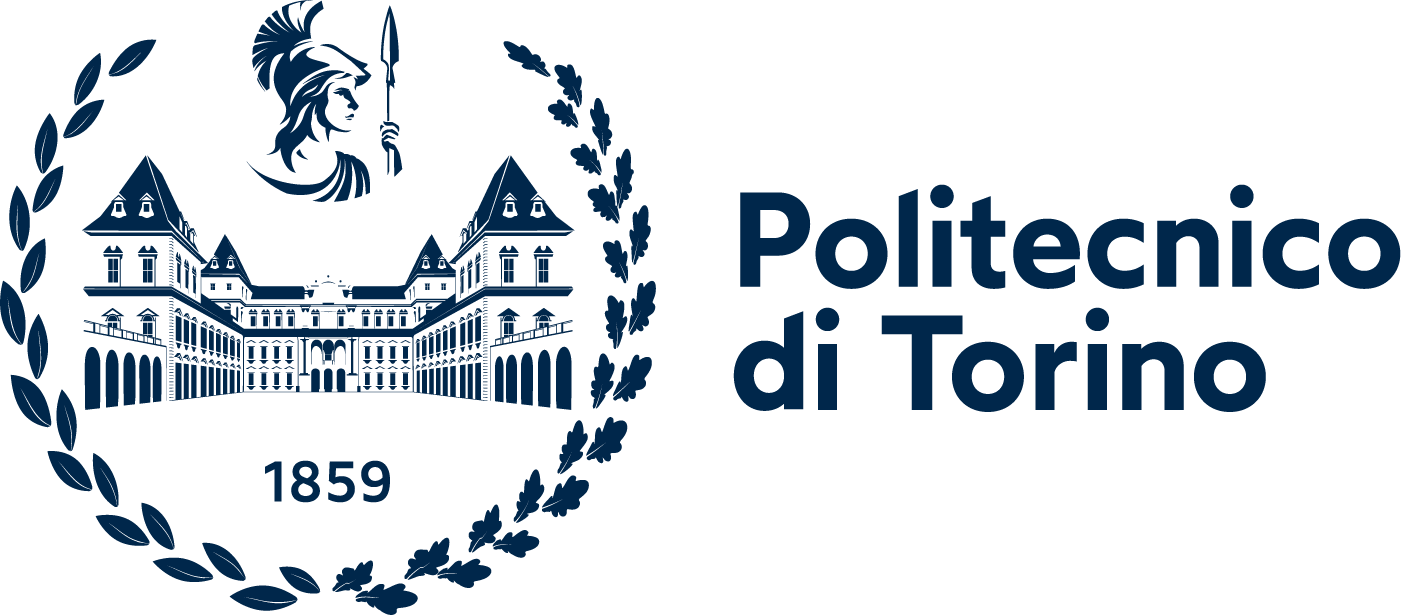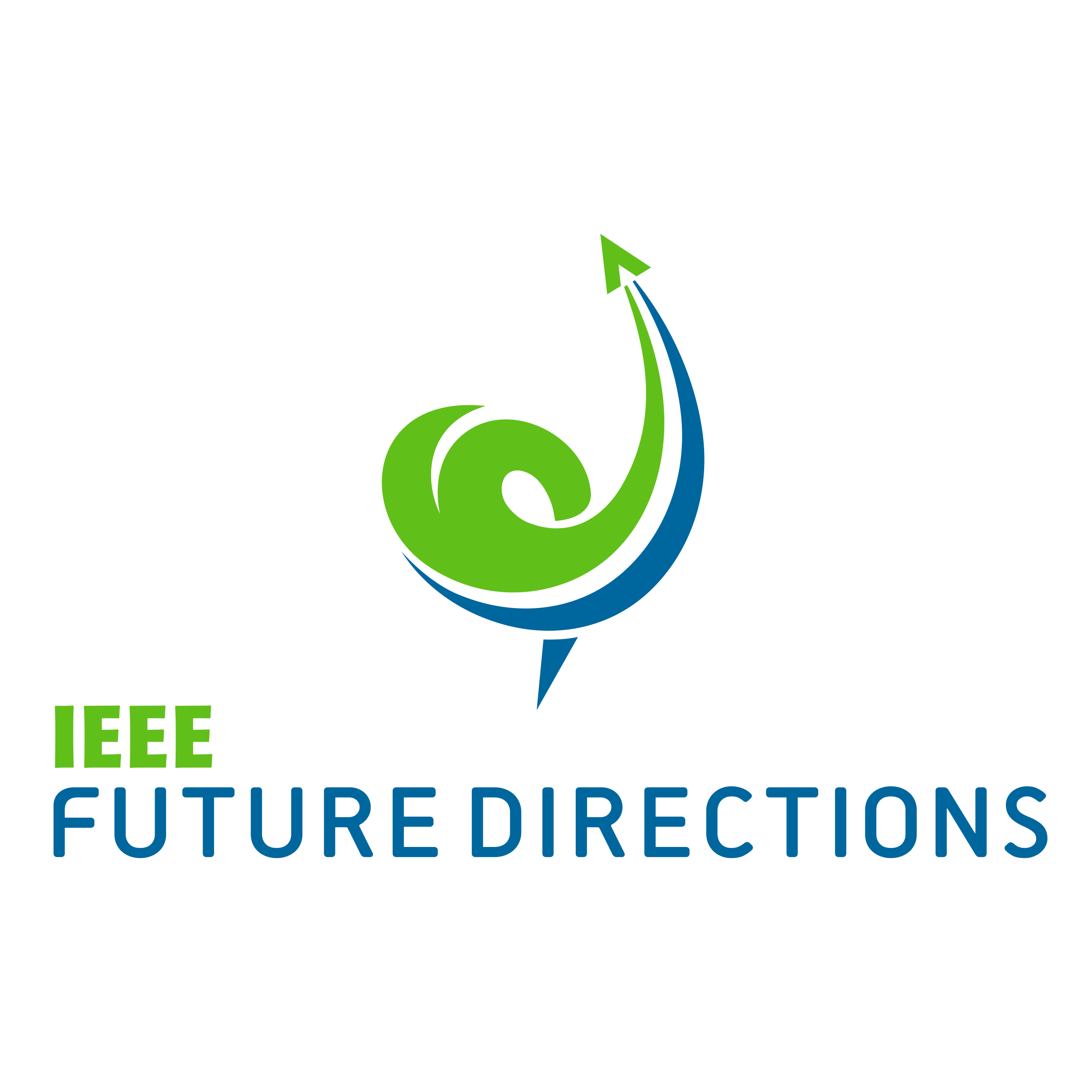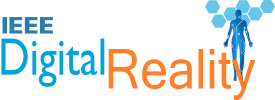IMPORTANT INFORMATION FOR COMPSAC 2022 AUTHORS
COMPSAC 2022 will be completely virtual as it was in 2020 and 2021, and all presentations will be done virtually. We will announce this update also in the submission acceptance letters to authors. Authors of accepted papers will be required to provide a video of their presentation together with the submission of the final version of their papers. COMPSAC will provide detailed guidance regarding preparation and submission of these videos.
The 16th IEEE International Workshop on Security, Trust, and Privacy for Software Applications (STPSA 2022)
This workshop will bring researchers from academia and industry to discuss methods and tools to achieve security, trust, and privacy goals of both pervasive and non-pervasive software applications. This workshop will focus on techniques, experiences and lessons learned with respect to the state of art for the security, trust, and privacy aspects of both pervasive and non-pervasive software applications along with some open issues.
Information security has become a major concern for software and applications. Software systems must be engineered with reliable protection mechanisms with respect to security, privacy, and trust, while still delivering the expected value of the software to their customers. The traditional approaches to secure a system (e.g., IDS, firewalls) are no longer sufficient to address many security, trust, and privacy (STP) issues. These issues should be addressed by building more effective STP-aware software applications. The principal obstacle in developing STP-aware software is that current software specification, design, implementation, and testing practices do not include adequate methods and tools to achieve security, trust, and privacy goals. Further, emerging techniques such as blockchain bring on new challenges to adopt them into developing STP-aware software and applications. In this workshop, we welcome papers on existing and emerging challenges and requirements of security, privacy, and trust for software applications.
As most systems are now connected to the Internet, the attack space has increased dramatically, and threat scenarios have many variations. Traditional security measures do not fit well for the software of pervasive applications. Since location and contexts are key attributes of pervasive applications, the privacy issues need to be handled in a novel manner than traditional software applications. Therefore, we have a special consideration to papers on security, privacy, and trust for pervasive applications.
Scope of the workshop
Topics of interest include, but are not limited to, the following:
- Security, trust, and privacy (STP)-aware software development, and practices
- STP requirements elicitation and specification
- Models and languages for STP-aware software design
- STP challenges for pervasive computing applications
- Testing STP properties of software/applications
- STP management and usability issues in software/applications
- User interfaces for STP-aware pervasive and non-pervasive computing applications
- STP challenges in e-services, e.g., e-health, e-government, e-banking, e-commerce, e-marketing, and other web-based and pervasive applications
- STP challenges in mobile applications
- STP for applications in cyber-physical systems (CPS)/Internet of things (IoT)
- Formal models for ensuring STP in software/applications
- STP issues for handheld device software applications such as healthcare
- Blockchain technologies for STP-aware software/applications
- Teaching, innovative course or curriculum for STP-aware software/applications
- Experience reports on developing STP-aware software
- Ethical issues in STP-aware software/application development
- Experience reports on developing STP-aware software
Please visit Information for Authors for formatting instructions, page limits, and IEEE paper templates.
Important dates for submission and notification are listed here.
Workshop Organizers
Workshop Co-Chairs
Hossain Shahriar, Kennesaw State University, USA
Email: hshahria@kennesaw.edu
Mohammad Ashiqur Rahman, Florida International University, USA
Email: marahman@fiu.edu
Program Co-Chairs
Debbie Perouli, Marquette University, USA
Email: despoina.perouli@marquette.edu
Abdullah Farooq, Wentworth Institute of Technology, USA
Email: farooqa@wit.edu
Program Committee
Victor Clincy, Kennesaw State University
Mohammad Masum, Kennesaw State University, USA
Nico Saputro Unpar, Parahyangan Catholic University, Indonesia
Amit Kumar Sikder, Georgia Tech, USA
Ahmad Alsharif, University of Central Arkansas, USA
Mahmoud Nabil, North Carolina A&T University, USA
Samet Tonyali, Abdullah Gul University, Turkey
Maanak Gupta, Tennessee Tech University, USA
Mumin Cebe, Marquette University, USA
Suryadipta Majumder, Concordia University, Canada
Aydeger, Abdullah, Southern Illinois University, USA
Atef Shalan, Georgia Southern University, USA
Mohammad Shah Alam, Florida International University, USA


